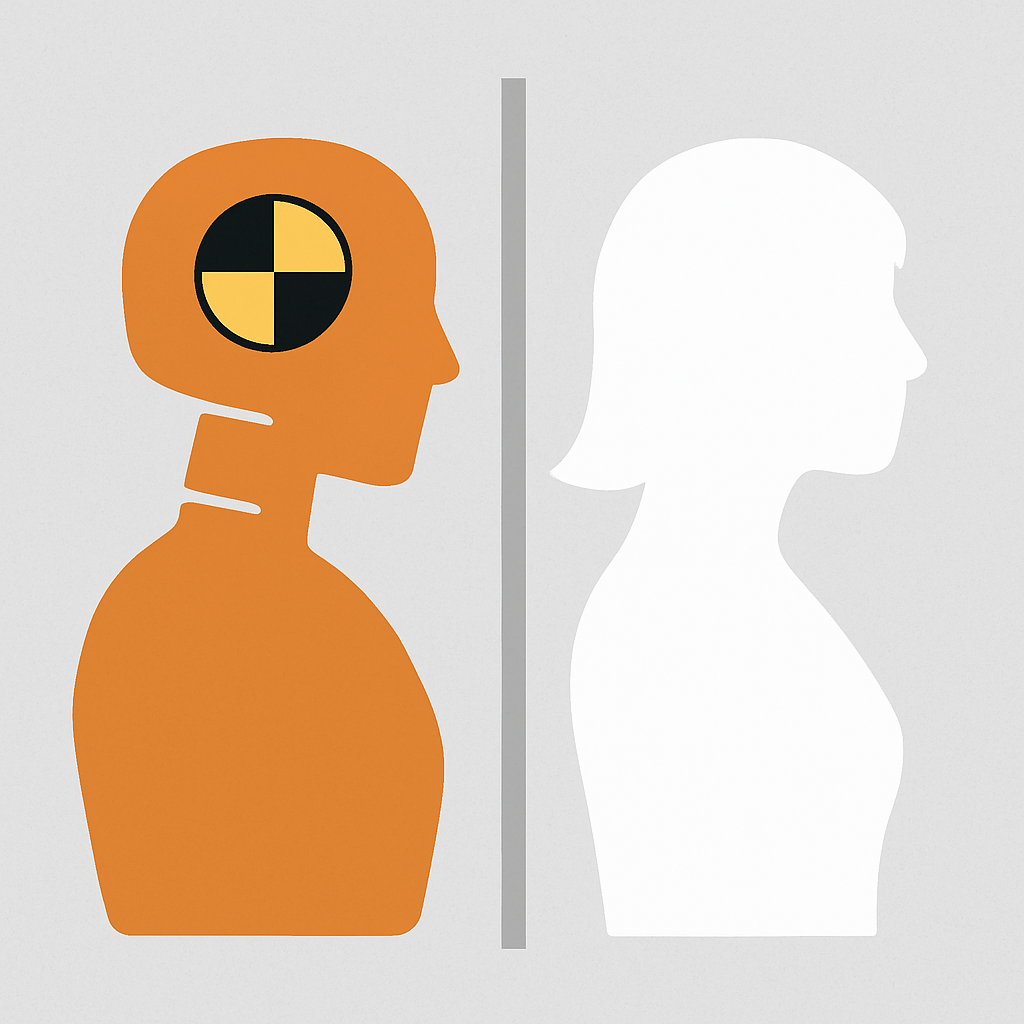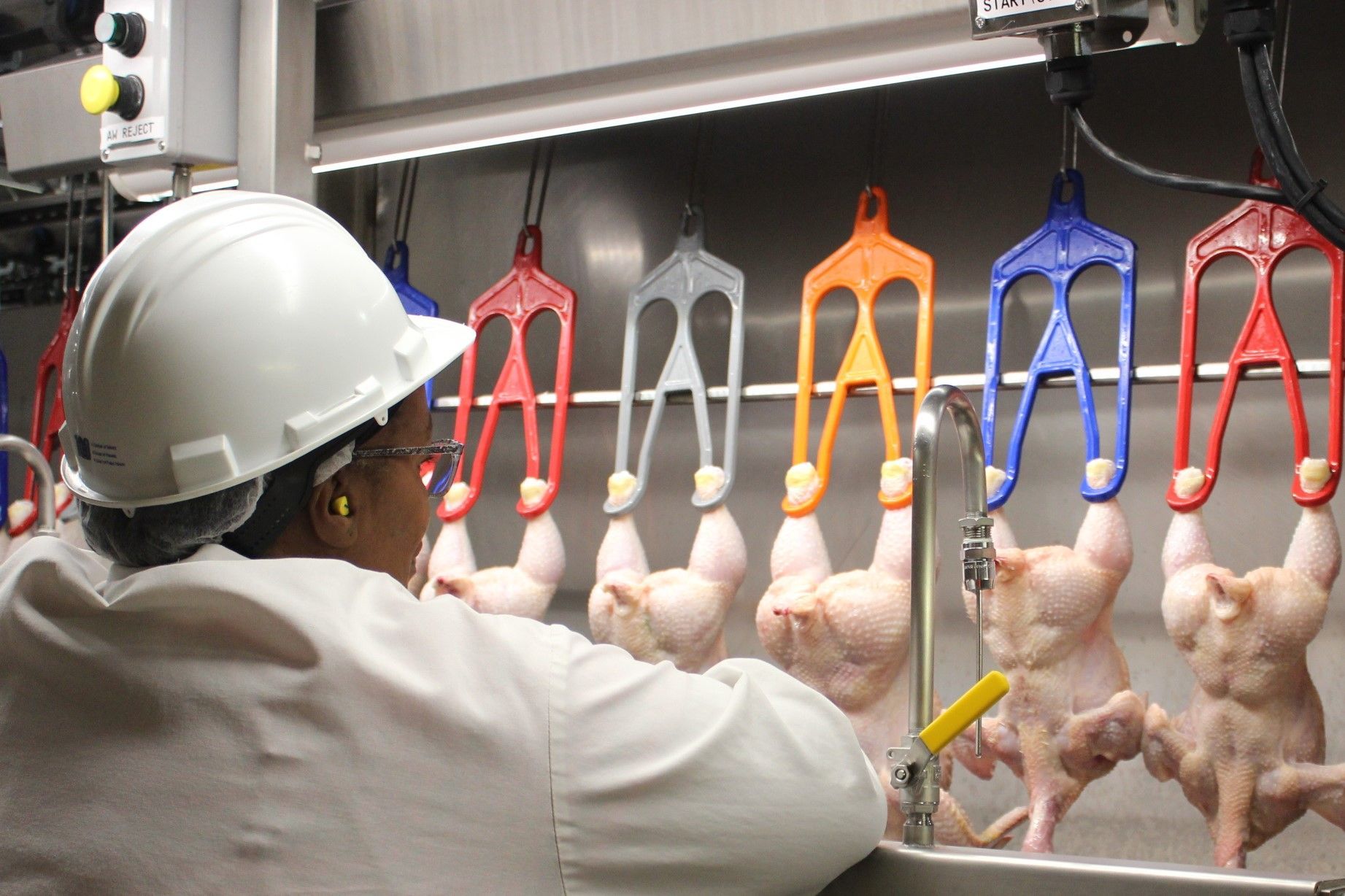NOTHING SAYS FOREVER LIKE DIAMONDS AND PFAS
What are PFAS? PFAS are a group of manmade chemicals used in a vast number of consumer and industrial products. They’re often referred to as “forever chemicals,” because most don’t break down. PFAS stands for per-and polyfluoroalkyl substances, which contain a strong carbon-fluorine bond that allows them to accumulate over time in the environment and in the bodies of animals and people, posing health risks. PFAS chemicals might also be thought of as “everywhere chemicals,” since they’ve become so common in the products we use every day.
Manufacturing processes and waste storage and treatment sites release PFAS into the air, soil, and water. Among the industrial facilities most likely to produce PFAS are petroleum stations and terminals, chemical manufacturers, commercial printers, plastics and resin manufacturing sites, paint and coating manufacturers, semiconductor manufacturers, makers of metal products and electrical components, and electroplating and polishing. Landfills and waste disposal facilities, along with sewage and waste treatment plants, are other common sources of contamination. Many nearby communities also suffer groundwater and drinking water contamination as a result of their proximity to these facilities.
These "forever" and "everywhere" chemicals are found in many of our most commonly used products. PFAS have been used around the world since the 1950s in a wide variety of consumer goods. Today, they can be found in products like firefighting foam, non-stick cookware, cosmetics and materials that protect against grease, oil, and water, such as stain-resistant carpeting and fabrics, food packaging, and water-repellent clothing. So whether we’re camping, hiking, hunting, fishing, cooking, putting on makeup, enjoying a takeout meal, or playing with our kids on the living room floor, PFAS have infiltrated everyday life. PFAS, while everywhere, may be highly toxic and harmful to our health. Scientists are finding that tiny concentrations of some forever chemicals can trigger testicular and kidney cancer, birth defects, liver damage, impaired fertility, immune system disorders, high cholesterol and obesity, as well as breast cancer and other diseases.
Since, for the average consumer, it is virtually impossible to avoid these chemicals, The Warnings Doctor will offer you a few suggestions that may minimize your exposure to them, at least from the foods you eat. These tips include:
1. Reduce consumption of fast food. Fast food companies use grease-resistant packaging that keeps oil and meat juices from spilling on your clothes; these wrappers, used to serve burgers, fries and salads, often contain oil-resistant PFAS. Scientists believe your risk of exposure depends on the amount of time the food has spent inside the plastic bag or paper wrapper. Consumer Reports tested more than 100 food packages and found high levels of PFAS in wraps, trays and bags from Burger King, McDonald's, Chick-fil-A and Cava, among others. The very properties that make PFAS useful compounds for oil-resistant fast-food wrappers are the same properties that allow these chemicals to stay in your bodies. "They actually stick to our blood while they accumulate in our bodies," according to the Environmental Working Group (EWG). The good news is that McDonald's and Burger King have announced they plan to reduce or phase out the use of packaging with forever chemicals. (They key words in their announcements were "plan to" and "reduce".)
2. Skip Microwave Popcorn and Cake Mixes. In general, food packaging is a source of contamination, thus switching to fresh foods from packaged foods will definitely reduce your exposure to PFAS. However, you should be aware that some products, such as cake mixes and microwave popcorn, have some of the highest concentrations of PFAS because the mixes and the corn kernels are often sitting in their packaging for long periods of time. Additionally, if we heat up products in paper linings or plastic containers, some of the PFAS which coat the packaging may turn into a vapor and contaminate what we eat.
3. Avoid Nonstick Cookware. Nonstick pots and pans are often coated in a material with PFAS. If you have such pots and pans, throw them out and treat yourself to ceramic, stainless steel or cast-iron cookware. Remember, he's called the "Iron Chef" NOT the "teflon chef"! It also helps to store leftovers in glass containers, and not plastic, in the refrigerator. It's time to throw out all of our 20-30 year-old Tupperware!
4. Drink Filtered or Bottled Water. Consider adding a water filtration system in your home, especially if you suspect high concentrations of PFAS in your publically available water supply. Carbon filters on faucets or in water pitchers can reduce the levels of PFAS, if the filters are replaced regularly. Reverse osmosis systems installed under sink faucets can typically eliminate the PFAS contamination. These systems typically cost a couple hundred dollars, but the investment may well be worth it.
5. Check the Source of the Fish You Eat.
PFAS have been widely detected in freshwater fish. Last year, the FDA detected PFAS in 74% of the seafood they tested, including in clams, cod, crab, pollock, salmon, shrimp, tilapia and tuna. While their data was limited, the FDA concluded that seafood may be at higher risk for PFAS than other types of foods. Locally caught fish is more likely to have higher PFAS levels than farm-raised fish. While the FDA found PFAS in seafood, it still recommends that people should continue to eat a variety of healthy foods, including seafood, because the levels of PFAS in seafood were not high enough to pose a human health concern. While eating fish, especially farm-raised fish, is healthy, we should still check statewide advisories before eating a recreationally caught fish.
PFAS may well be forever chemicals that, unfortunately, are not yet regulated by the FDA, but as educated consumers, we may be able to reduce our intake of such chemicals and prevent their toxic outcomes.
Check out my latest podcast "EXPOSED! An Exclusive Look Behind the Curtain of Corporate Greed"
Check out my book "Murder, Inc.: How Unregulated Industry Kills or Injures Thousands of Americans Every Year...And What You Can Do About It". Available in Hardcover, Paperback, Kindle & Audiobook on Amazon now.














